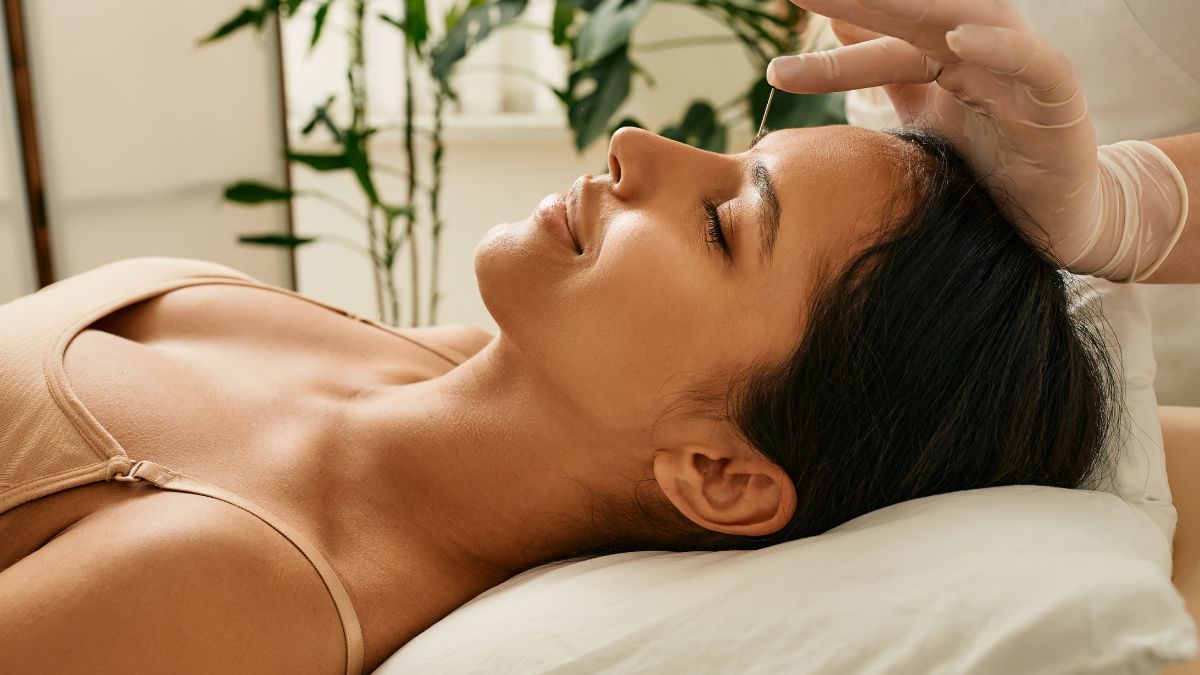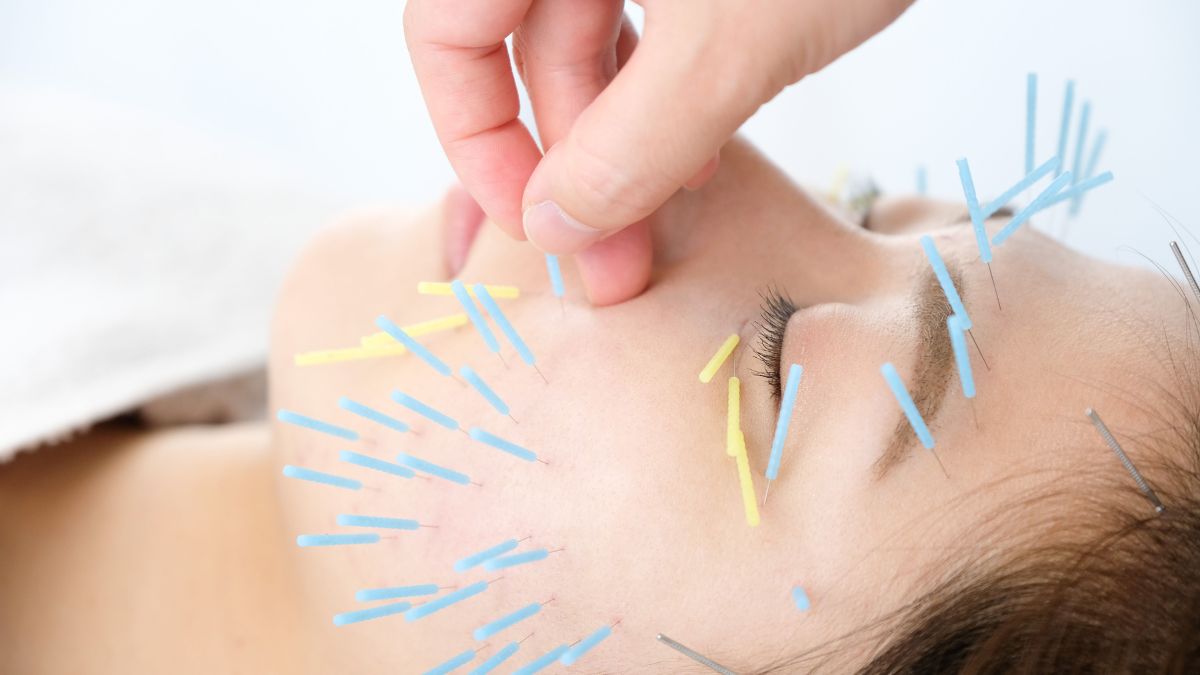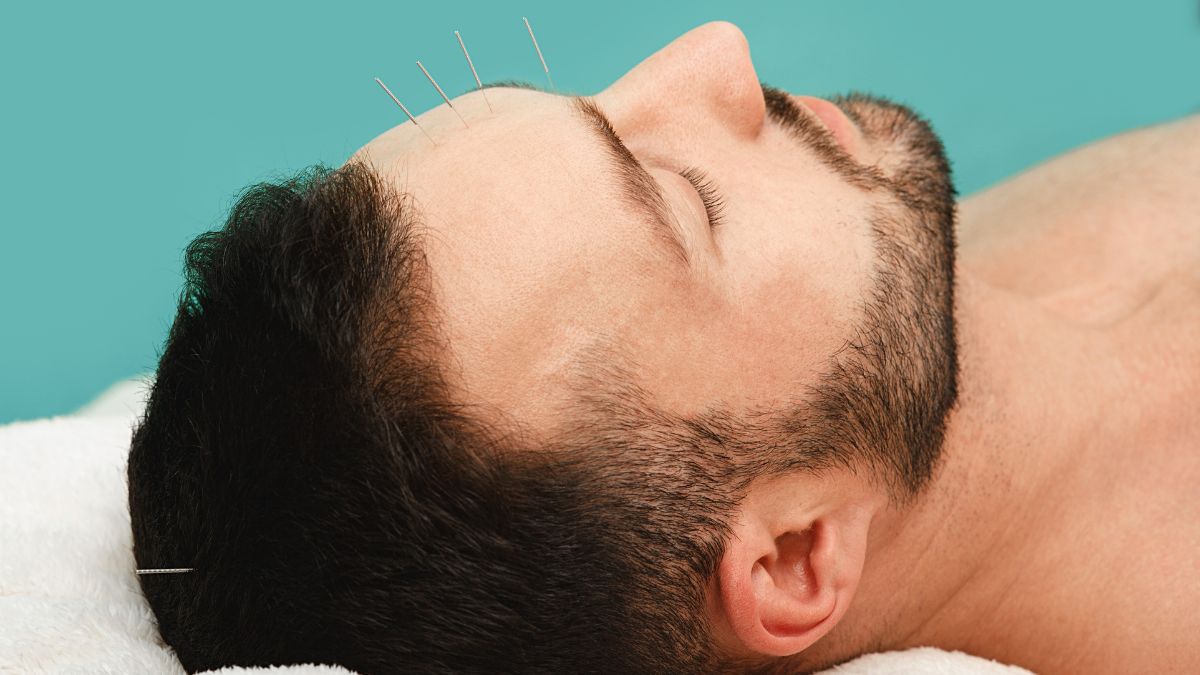
Headaches and migraines impact millions worldwide, disrupting daily life and productivity. While medications can provide relief, they often come with side effects and may lose effectiveness over time, driving many to seek alternative treatments. Acupuncture, a traditional Chinese practice using fine needles inserted at specific points on the body, has gained recognition as a natural remedy for pain and promoting healing. This article explores how acupuncture can relieve headaches and migraines, covering its mechanisms, scientific support, treatment process, and benefits.
Understanding the Difference Between Headaches and Migraines
To understand how acupuncture helps, it is essential to recognize the differences between headaches and migraines and the factors that cause each.
Headaches are often caused by stress, dehydration, tension, and lack of sleep. The most common type, tension headaches, generally result from muscle strain or emotional stress.
Migraines, on the other hand, are a more severe neurological condition, frequently accompanied by throbbing pain, nausea, and sensitivity to light and sound. Migraines can last hours to days and are often triggered by stress, hormonal changes, specific foods, and environmental influences.
Both headaches and migraines involve the nervous and vascular systems and are often connected to inflammation and nervous system sensitivity. Their complexity makes treatment challenging, leading many to explore acupuncture as an alternative.
How Acupuncture Works and Its Core Principles
Acupuncture is a central practice in Traditional Chinese Medicine (TCM) based on the concept of life energy, or “qi,” flowing through pathways in the body called meridians. When qi flow is disrupted, pain and illness can occur. Acupuncture aims to restore this balance by stimulating specific points on meridians through thin, sterile needles. These “acupoints” relate to different organs and systems in the body, helping to reestablish equilibrium.
In Western medical terms, acupuncture is thought to stimulate the central nervous system, which releases endorphins, serotonin, and other neurochemicals that ease pain and promote well-being.

Mechanisms of Acupuncture in Relieving Headaches and Migraines
- Pain Pathway Regulation
Acupuncture can influence the body’s pain pathways by activating neurotransmitters such as serotonin and dopamine, which help reduce pain perception, lowering headache intensity and frequency. - Lowering Inflammation
Inflammation is often linked to migraines. Research shows that acupuncture can lower inflammatory markers by stimulating specific points, helping to decrease pro-inflammatory cytokines and reduce headache and migraine symptoms. - Improving Blood Flow and Oxygen Levels
Reduced blood flow and oxygen to the brain can trigger headaches and migraines. Acupuncture enhances circulation and oxygen delivery, relieving pain and pressure associated with these conditions. - Reducing Stress and Muscle Tension
Stress is a common trigger for tension headaches and migraines. Acupuncture has calming effects, reducing stress and anxiety levels by activating the parasympathetic nervous system, which promotes relaxation. This, in turn, eases muscle tension in areas such as the neck and shoulders. - Balancing Hormones
For individuals who experience migraines due to hormonal changes, acupuncture can help regulate hormone levels. Research indicates that acupuncture influences the hypothalamus and pituitary gland, balancing hormones that contribute to migraines.
Scientific Research Supporting Acupuncture for Headache Relief
Numerous studies have explored the effects of acupuncture on headaches and migraines, with many results supporting its effectiveness. A couple below include:
- Cochrane Review on Tension-Type Headaches: The Cochrane Review analyzed 12 trials involving 2,349 participants with episodic or chronic tension-type headaches. It concluded that acupuncture was more effective than no treatment and at least as effective as standard medication in reducing headache frequency and severity.
- JAMA Internal Medicine Study on Migraine Prophylaxis: A randomized clinical trial published in JAMA Internal Medicine found that true acupuncture significantly reduced the frequency of migraine attacks compared to sham acupuncture and a waiting-list control group. This improvement persisted for at least 24 weeks post-treatment, indicating acupuncture’s potential long-term benefits for migraine sufferers.
These findings highlight acupuncture’s promise as a holistic option for treating headaches and migraines.
What to Expect During an Acupuncture Session for Headaches or Migraines
If you are considering acupuncture for headache or migraine relief, here’s what to expect during a session.
- Initial Consultation
The acupuncturist will ask questions about your medical history, lifestyle, headache or migraine patterns, and possible triggers. This allows them to understand the root causes and create a tailored treatment plan. - The Treatment Process
You will typically lie comfortably on a treatment table. The acupuncturist inserts thin, sterile needles at specific points on your body. These points may be around the head, neck, hands, or feet, depending on your symptoms and the practitioner’s evaluation. The needles remain in place for about 20 to 30 minutes, during which most patients feel relaxed, and some even fall asleep. - After the Session
After the needles are removed, you may feel calm and experience some relief from pain. Some notice immediate improvement, while others may find relief gradually after a few sessions. Your acupuncturist may recommend several treatments based on the frequency and severity of your headaches.

How Many Sessions Are Typically Needed
The number of sessions required varies based on individual needs. Some people experience relief after a single session, while others benefit from consistent treatments over several weeks. For chronic headaches or migraines, practitioners often recommend one to two sessions per week for four to six weeks, reducing the frequency as symptoms improve.
Additional Benefits of Acupuncture Beyond Headache Relief
Acupuncture provides more than just immediate headache relief. It also has long-term benefits for health and well-being.
- Reduced Dependence on Medication
Many patients find that regular acupuncture treatments allow them to reduce or even eliminate their need for headache medications, minimizing side effects and drug dependency. - Improved Sleep Quality
Poor sleep can trigger headaches and is often a consequence of them. Acupuncture can improve sleep patterns, helping break the cycle of pain and sleep deprivation. - Better Mental Clarity
Chronic pain can lead to brain fog and reduced cognitive function. Acupuncture helps clear the mind, allowing for better focus and concentration. - Enhanced Mood and Less Anxiety
By reducing pain and promoting relaxation, acupuncture can improve mood and lower anxiety, supporting mental health.
Potential Side Effects and Important Considerations
Acupuncture is generally safe when performed by a licensed practitioner. However, mild side effects may include slight bruising, dizziness, or fatigue. If you are pregnant, have a bleeding disorder, or take blood-thinning medications, consult your primary healthcare provider before beginning treatment.
Combining Acupuncture with Other Treatments
Combining acupuncture with other treatments can increase effectiveness. Lifestyle changes such as stress management, exercise, hydration, and dietary adjustments enhance acupuncture’s effects and help reduce headache triggers. Other therapies that work well with acupuncture include physical therapy, massage therapy, mindfulness meditation, dietary changes, and cognitive behavioral therapy (CBT).
A healthcare team that understands your condition and supports integrative approaches can maximize benefits.
Considering Acupuncture for Headache and Migraine Relief
Acupuncture is a promising option for those seeking holistic headache and migraine relief. By targeting pain pathways, reducing inflammation, and promoting relaxation, acupuncture offers a comprehensive approach that not only eases symptoms but also improves overall health. As research continues to confirm its benefits, acupuncture is becoming increasingly popular among those who prefer non-pharmacological treatments.
If you are interested in exploring acupuncture for your headaches or migraines, Best Acupuncture Orange County provides expert care tailored to each individual’s needs. Contact Best Acupuncture Orange County at (949) 867-0150 to schedule a consultation and learn more about how acupuncture can help you achieve lasting relief.
Medical note: This article is for educational purposes and isn’t a substitute for personalized medical advice. Always consult your healthcare professional for guidance about your specific condition, medications, and treatment options.

